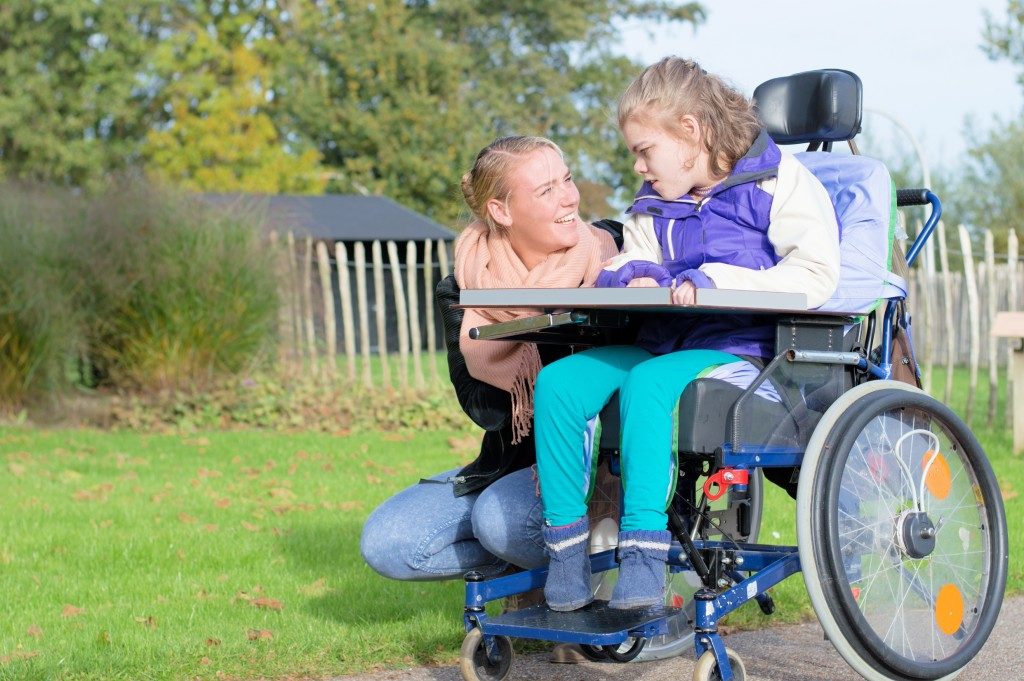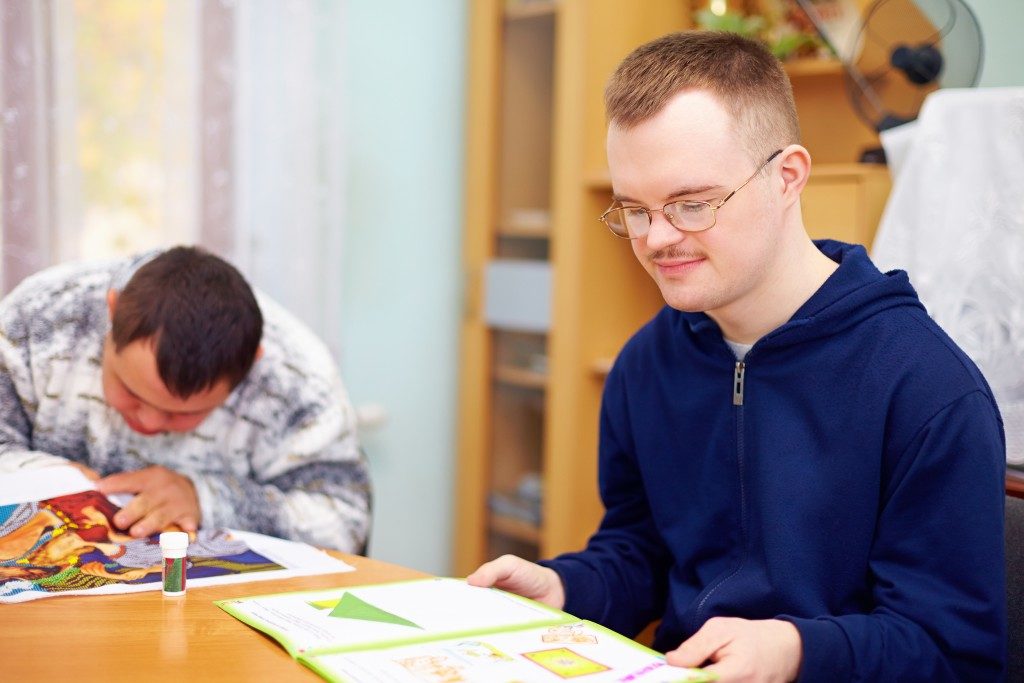Every person has a characteristic that makes them unique and stand out from the crowd. Often, this characteristic is of the physical variety.
Characteristics can be classified into two groups: acquired or inherent. Acquired characteristics are those that we willingly choose to incorporate in our person as a form of self-expression. In some cases, they are borne from disastrous circumstances. The artificial colors of our hair, accents, and scars are among the few that are easily noted.
On the other hand, inherent characteristics are something that we are born with, many of which are things we cannot help. Our race, skin tone, and the color of our eyes are examples.
Moving forth, a kind of physical characteristic that can be of either variety, depending on the context, is a person’s disability.
Making Life More Bearable
Disabilities are divided into categories. Some, as we may have come to learn, are noticeable at first glance. Examples are visual and orthopedic impairments. The rest, however, are not, like deafness and other hearing impairments. These disabilities make life a bit more difficult for those who have them, but it does not mean that they have to suffer.
Thanks in part to technological advancements, people who have either acquired disabilities or were born with it can now undergo procedures and treatments that make life more bearable.
For example, visual impairments like bad eyesight are easily dealt with nowadays. There are a wide array of options to choose from, like glasses, contact lenses, and surgery. The same can be said for hearing impairments. Colorado residents who are in need of help have no need to fret, since going to a hearing and balance clinic has never been more easy.
Although it is most unfortunate that not everything can be fixed even by modern technology. However, this does not mean that suffering is in store for those who continue to live with their disabilities.
Accommodations have been made for the disabled. The most notable form of which is at the national level. There are laws that have been passed to safeguard those with disabilities from prejudice. In fact, the Americans with Disabilities Act (ADA) was federal legislation passed in the 90s.
As the name implies, this law makes it illegal to discriminate against those with any form of disability. It encompasses employment, access to transportation and any other public accommodation, and government activities.
Regretfully, the world isn’t a perfect place, and even laws in place cannot prevent ableism from occurring.
No to Ableism

Ableism comes in different shapes, the most common of which are locations that are physically unfriendly to those with mobility disabilities. There are cities in America that make navigation inaccessible for those using wheelchairs, walkers, and crutches. Things to consider are blocked or difficult-to-use ramps, buildings that have no lifts, and restrooms that have no space delegated for the disabled.
It does not stop there, though. Intentional or not, our words and actions have the power to affect people who aren’t able-bodied. Some still use ableist language without a second thought. And individuals who dare police others who say things like “retarded” or “moron” are deemed too sensitive or politically correct.
Still, changes can and should be made. Narrow-mindedness and obliviousness are both traits that can be remedied. Those of us who know better should strive to educate other people.

